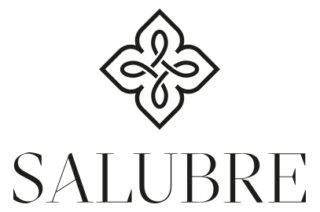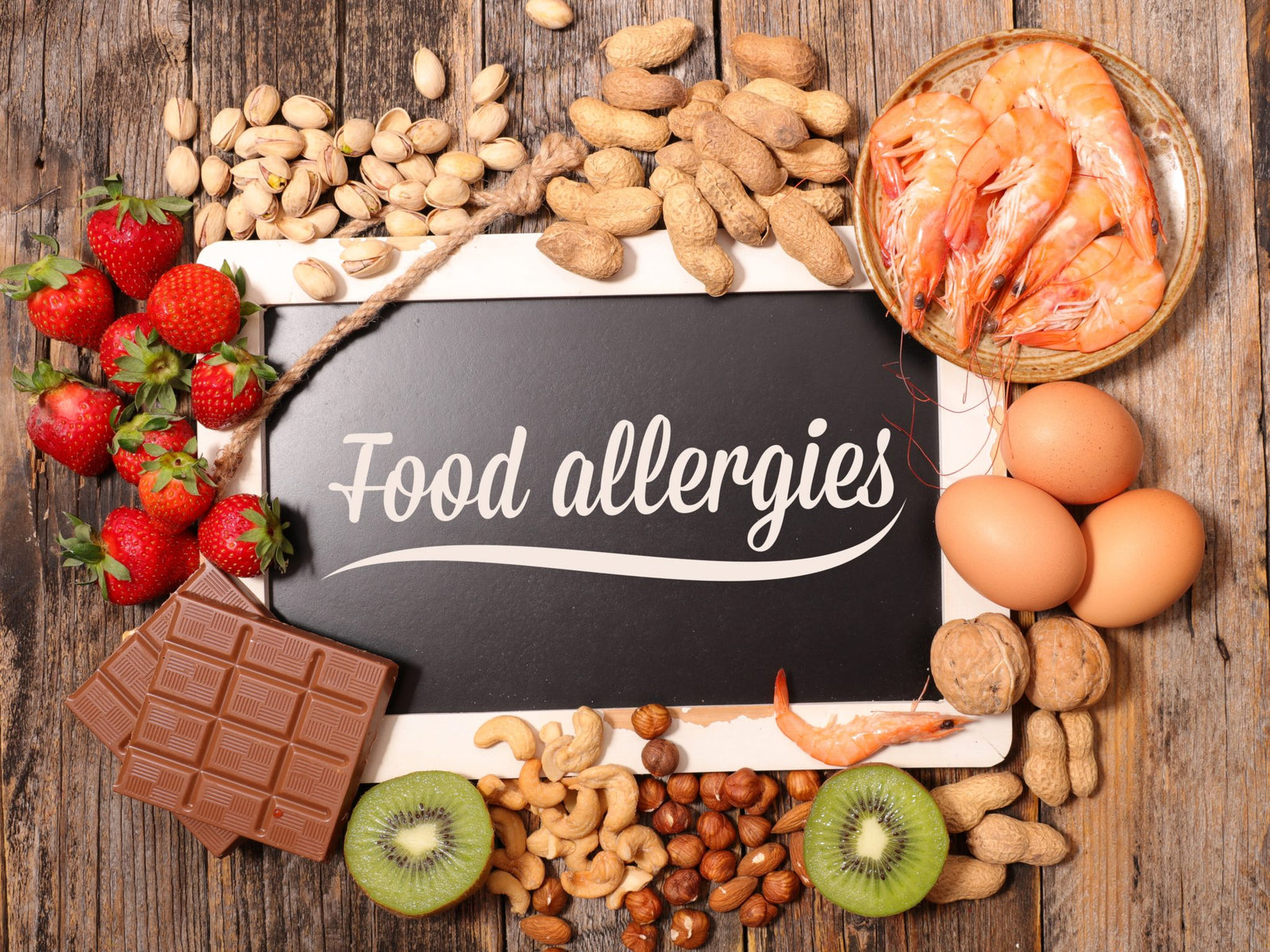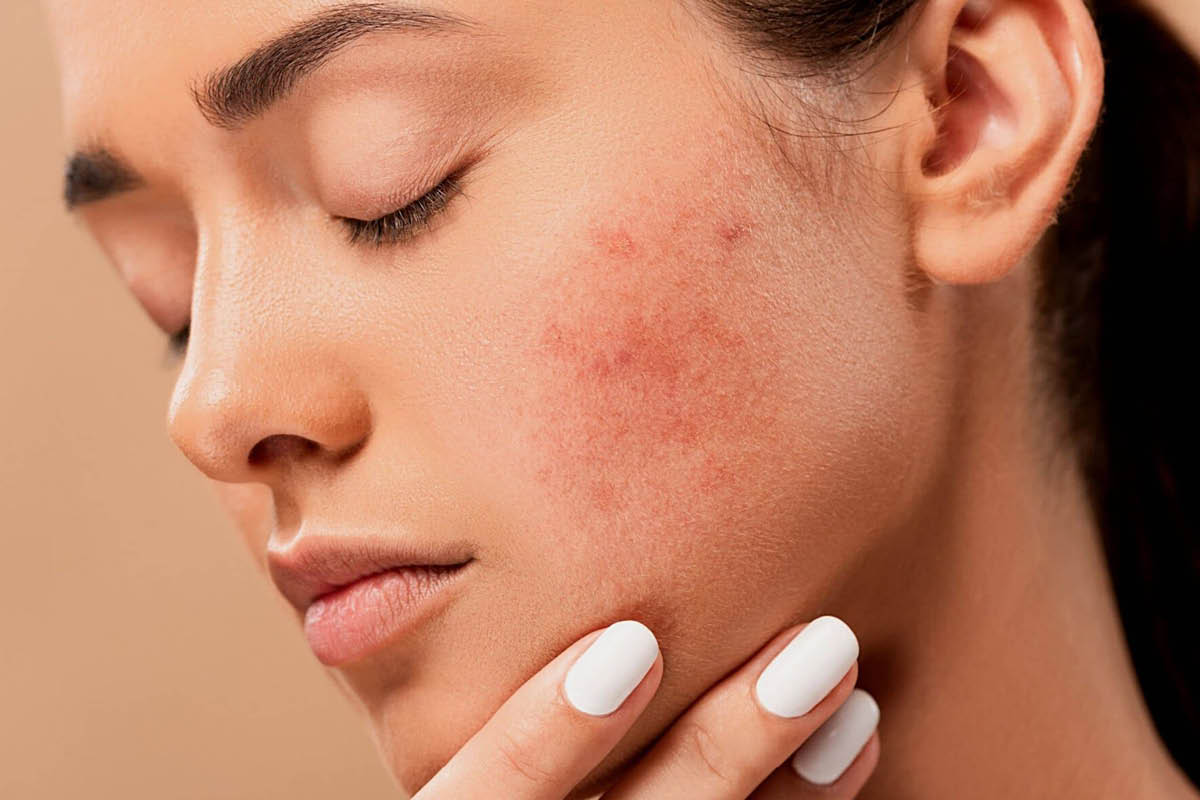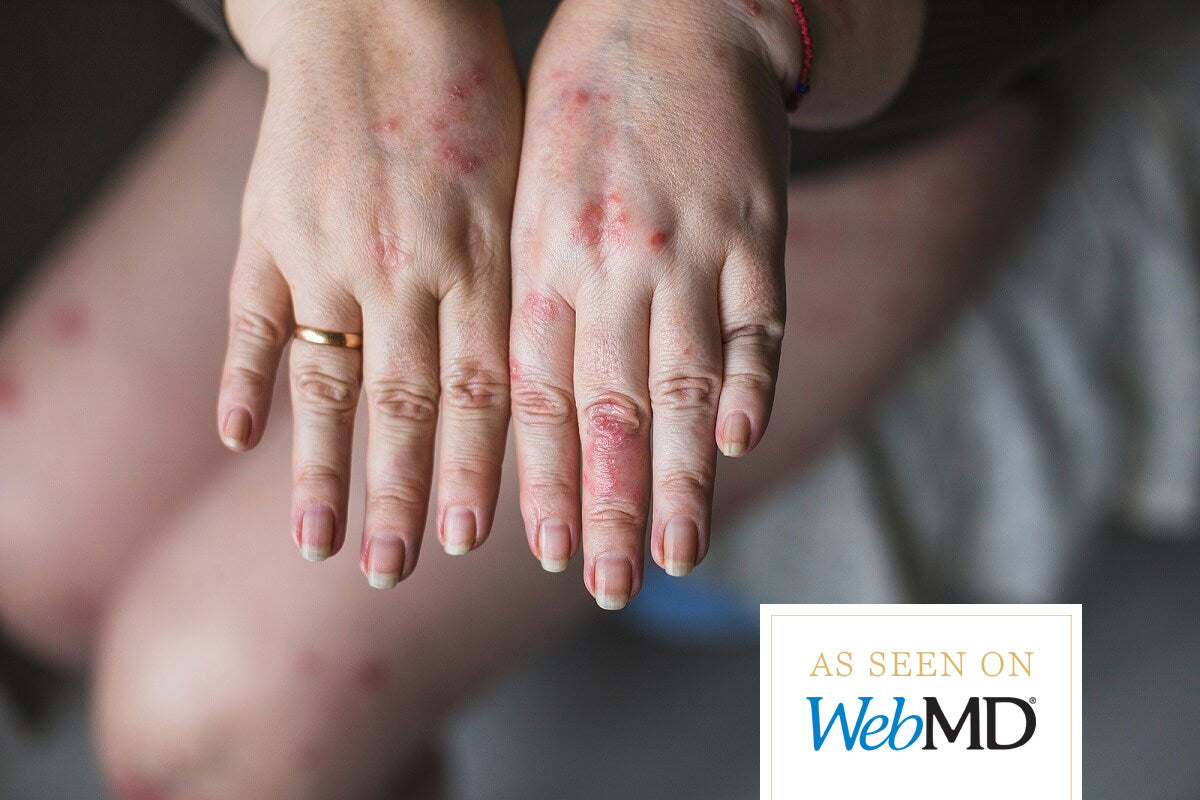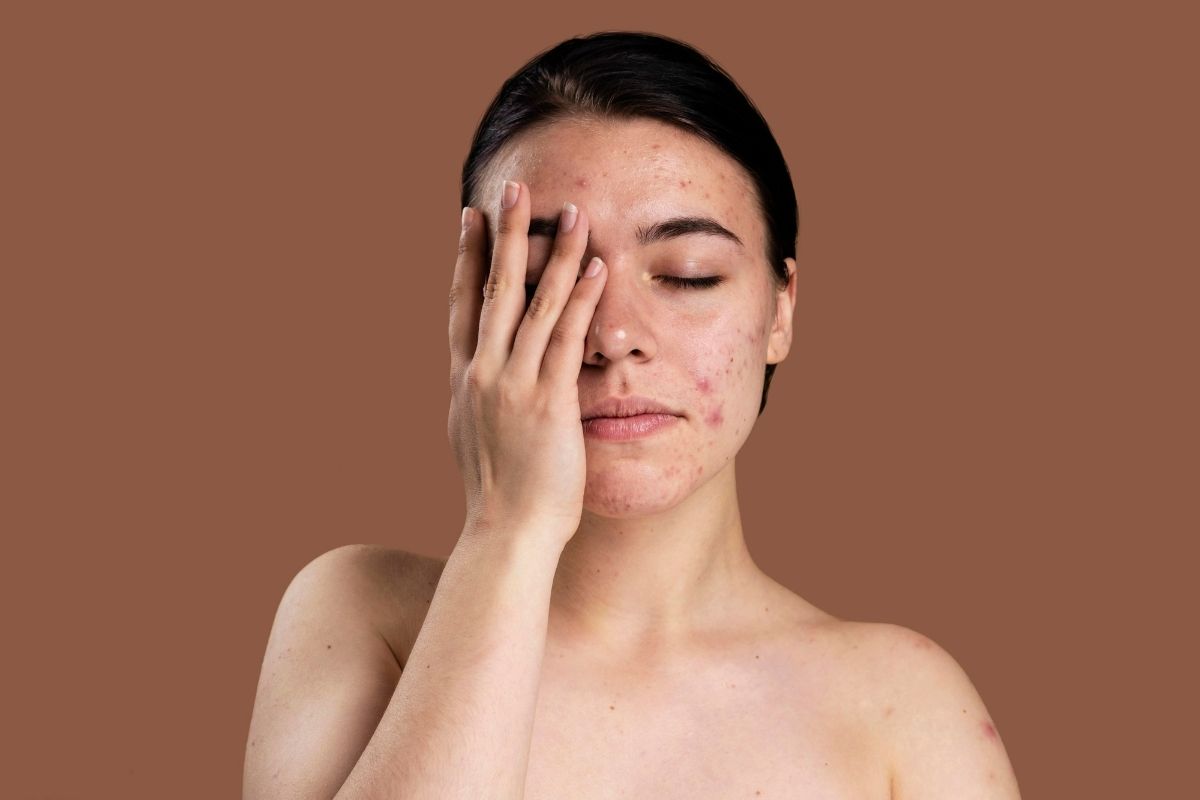Often we say we are allergic to something when in fact we have intolerance to it.
So what is the difference with an allergy and a food intolerance?
It all comes down to your immune system’s response to that particular food or allergen. If you eat something or come into contact with something and your body reacts by releasing IgE antibodies, these chemicals will attach to mast cells in your body and illicit an immediate release of histamine. Typically the nose, lungs and skin are affected by this chemical reaction. Symptoms include skin rashes, itchiness, anaphylaxis and swelling of the mucous membranes. The IgE response is quick and immediate and you will know exactly what food or allergen created this response.
Now a food intolerance is a little delayed in its response. In fact it can take up to 3 days later. The antibody released in this instance is IgG. The release of IgG leads to an inflammatory response in the body. Symptoms here would include constipation, diarrhoea, flatulence, Crohn’s disease, IBS, psoriasis, eczema, migraines and obesity. It may be more difficult to recognise which food created this response due to its delay.
So what can you do to help both these circumstances?
IgE antibodies can be reduced by a probiotic strain called Lactobacillus Rhamnosus which has been scientifically proven to help people affected by eczema. Obviously, avoiding contact with this allergen is essential to prevent this reaction in your body. There are other treatments however these are best recommended on a case by case basis under the care of your healthcare provider. This is due to the speed in which this response has occurred and the dangers associated with the respiratory response that potentially could occur.
For IgG antibodies it would be ideal to repair leaky gut syndrome. The inflammation in the body that has resulted from the release of IgG has affected the integrity of the small intestine which allows un-metabolised toxins to enter the blood stream. The presence of these molecules in the blood stream will often lead to the inflammatory response.
Solution:
- Eliminate gluten, wheat, eggs, dairy, red meats, grains, legumes, sugar and alcohol from the diet.
- Take a probiotic to heal the intestinal wall and restore a healthy balance of good bacteria in the gastrointestinal tract.
- Reduce inflammation by increasing essential fatty acids in the diet; particularly fish, avocado and other food containing essential fatty acids.
- Anti-inflammatory and detoxifying vegetables are great to include in your diet. These include broccoli, kale, spinach, beetroot and broccoli sprouts.
- Fermented food may help some people restore the healthy balance of good bacteria in the gut; although not recommended for those with psoriasis due to the presence of yeast on the fermented food being an irritant.
- Gut and liver detox will help cleanse the body of toxins that initiate the inflammatory response. This will also restore a healthy gastro intestinal tract which will ultimately lead to a healthy elimination of toxins through the bowel.
- You may need to see a natural health practitioner who will help nurture this process and effectively encourage a healthy body quicker.
Anyone afflicted by an auto-immune disease should look closely to following the protocol of IgG antibodies. Inflammation in the body is what leads to a dis-eased state and to ignore this will only allow the situation to worsen.
If you are looking for a cookbook that has great recipes that are free of all the foods mentioned above click on this link here:
[button link="#https://www.salubre.com.au/product/healing-psoriasis-with-mediterranean-cooking/" color="lightblue"] Gut Healthy Recipes[/button]
It has over 60 recipes that are anti-inflammatory and great for your gut health. We even have included a recipe to make your own home-made yoghurt.